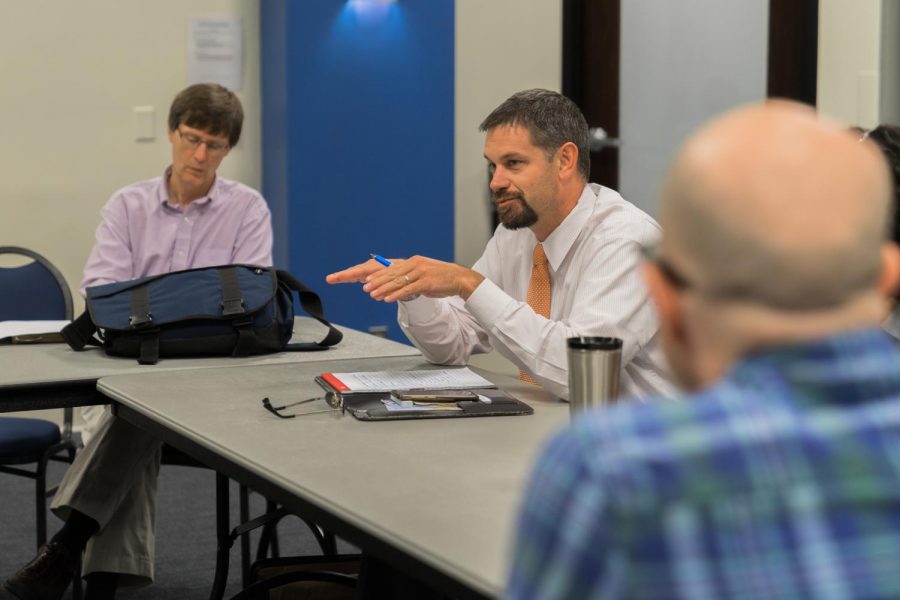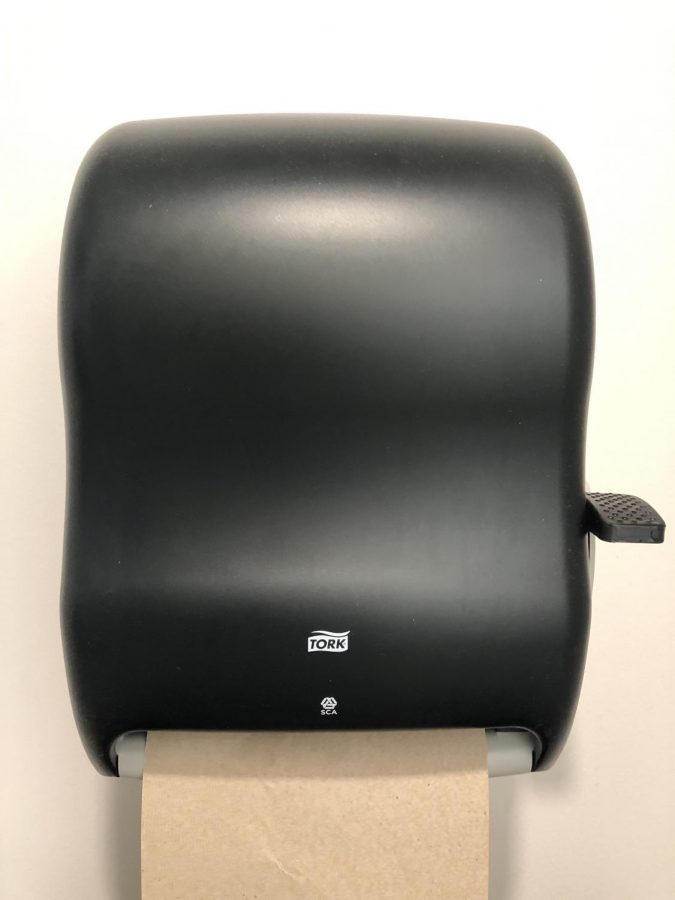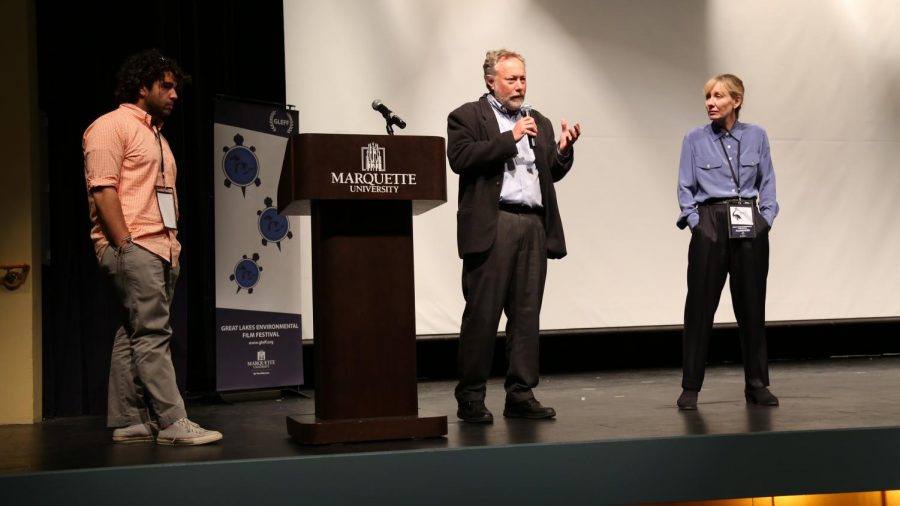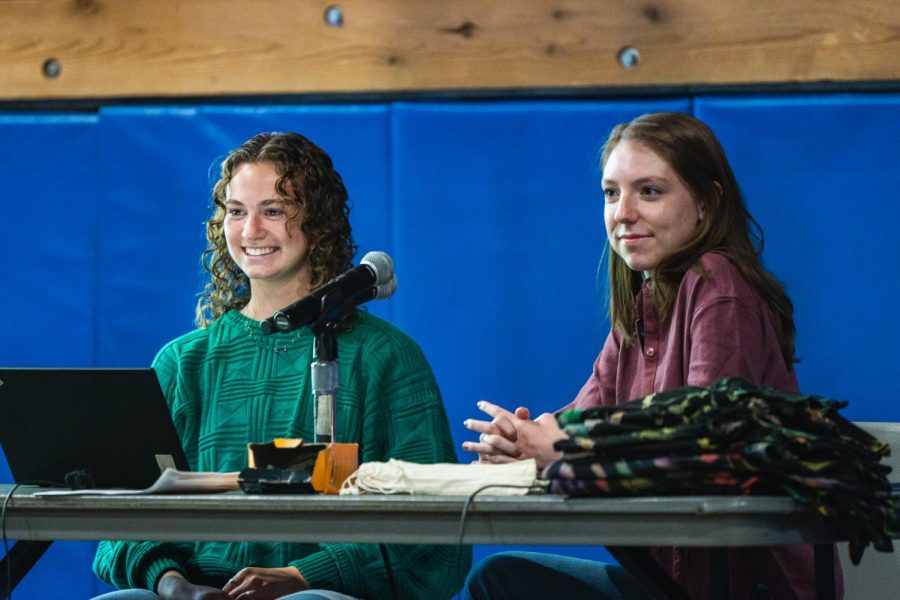Marquette University is entering its second semester without a sustainability coordinator, but the search to fill the position has yet to begin.
Former sustainability coordinator Brent Ribble left the university before the 2019 fall semester.
The position was created to coordinate and advance the university’s sustainability efforts. The sustainability coordinator works on facilities’ initiatives such as energy management and recycling, while also participating in community outreach and engagement, Lora Strigens, vice president for Facilities Planning and Management, said.
Strigens said facilities hopes to have the sustainability coordinator position posted within the next few weeks, and it then may take several months to get a candidate in place after applications are submitted. There is no specific date by which they will be hiring.
“As with any important position on campus, you want to find the right fit,” Strigens said. “But we also are going to make sure that we look at the range of applicants that we get and the qualifications that they bring to the table and balance that out to make the decision.”
Strigens and Mike Jahner, director of facilities management, said they have been maintaining the position’s responsibilities.
However, Laura Schmit, co-president of Students for an Environmentally Active Campus and senior in the College of Arts & Sciences, said there has been less progress in creating a more sustainable campus with the lack of a sustainability coordinator.
“As the leader of one of few environmental groups on campus, we worked very closely with the coordinator to put on events and used them as a resource to work on many SEAC projects,” Schmit said. “Without a coordinator, it has come down to students to lead sustainability initiatives and push Marquette to implement green practices.”
Strigens said from the facilities standpoint, they have tried to stay engaged in discussions about activities taking place and help support planning for upcoming sustainability events and things happening on the academic front.
“I think that we’ve worked to maintain efforts but are looking forward to filling that position so that the individual can be engaged in the activities that help support our facilities planning and operations, relative to sustainability,” Strigens said. “In terms of what we do to support sustainability efforts on campus, I think it’s trying to find ways to make it easier for people to make sustainable, healthy choices for themselves personally and to act sustainably on campus.”
Strigens said one quality she is looking for in a candidate is an understanding of the purpose and the role of sustainability within the context of Marquette, as well as what the university’s mission, the Marquette Strategic Plan and Campus Master Plans are. She said being a positive role model and collaborator is also important.
Jahner said he often looks at a candidate’s attitude.
“We can always find good training, good experience, but if you can have the right attitude to embrace the mission to embrace our students and our faculty and the right attitude to everyday come into work and just try to make this a better place, that’s really the person we’re trying to find,” he said.
Schmit said she believes it is important for the candidate to be passionate and driven.
“Working in sustainability can be difficult at times, especially on such a large scale,” Schmit said. “I think it is also important that the person be a great communicator. The sustainability coordinator must work with many different groups of people on campus and therefore must be able to communicate with all these groups and figure out a way to get the groups to communicate with one another.”
During the fall semester, Schmit said there was a meeting to discuss the position with faculty and staff. Schmit said she was the only student able to attend.
“I think having student input is extremely important as sustainability is becoming increasingly important to current and future generations of students,” Schmit said.
In the absence of a sustainability coordinator, Schmit said there are still many sustainable practices in which students can participate. They include reducing single-use plastic, recycling properly, demanding more plant-based options on the meal program, being conscious of their energy usage and utilizing public transportation. They can also get involved with environmental groups on campus such as SEAC, Ocean Conservation Club, Bee Club and Fossil Free Marquette.
This story is written by Alexa Jurado. She can be reached at alexa.jurado@marquette.edu.










